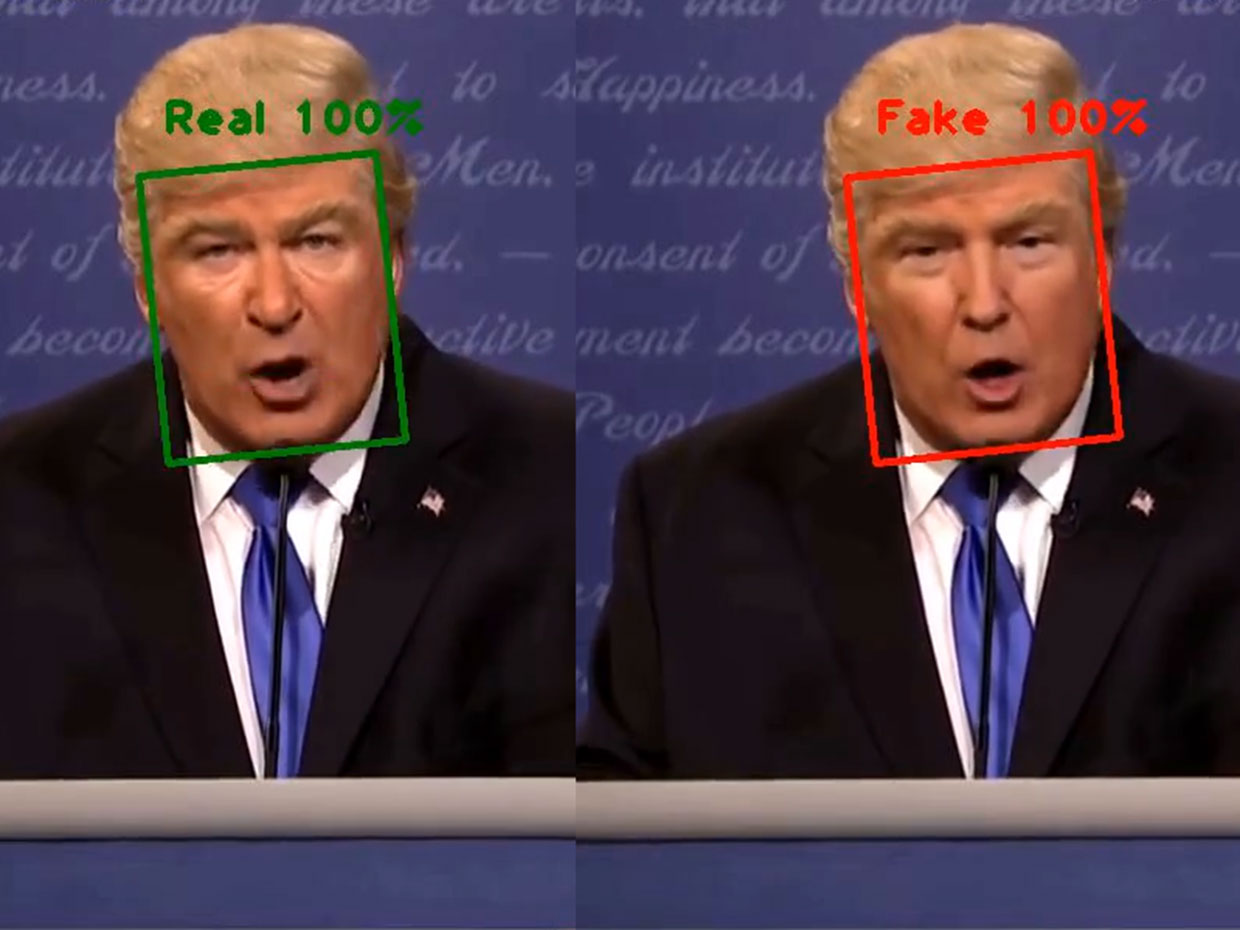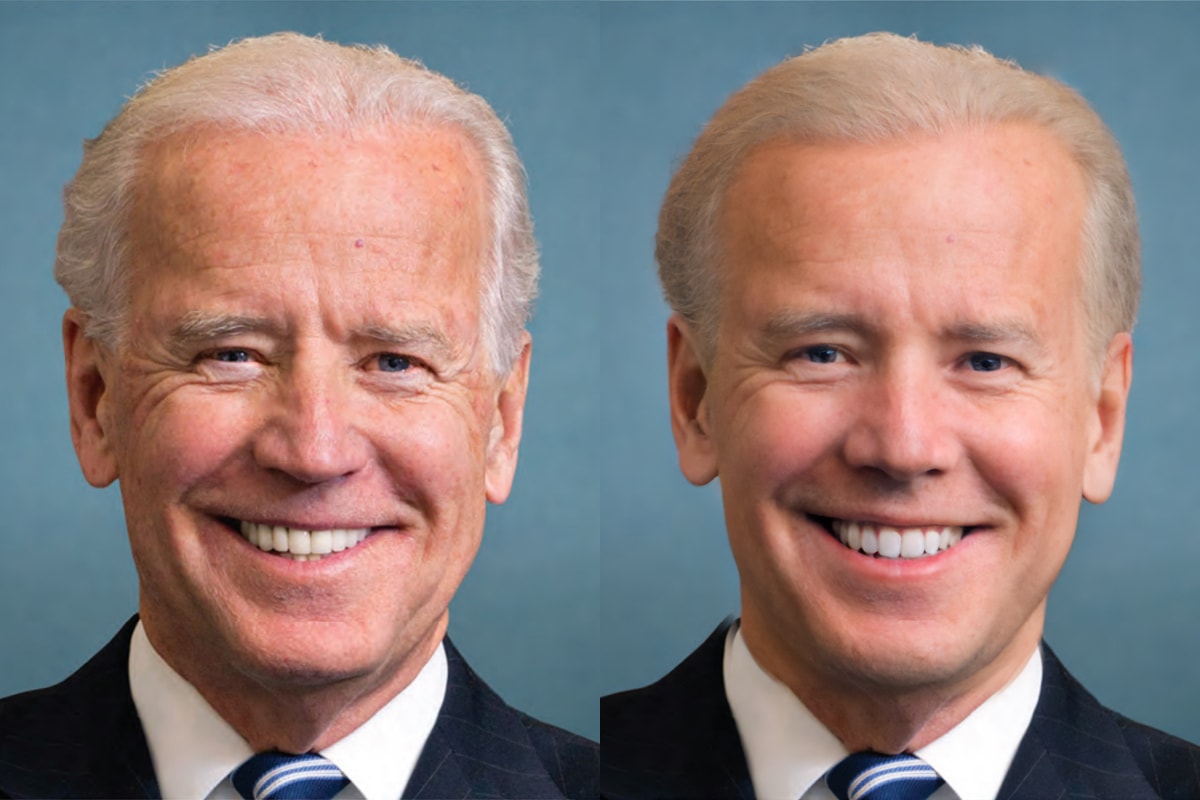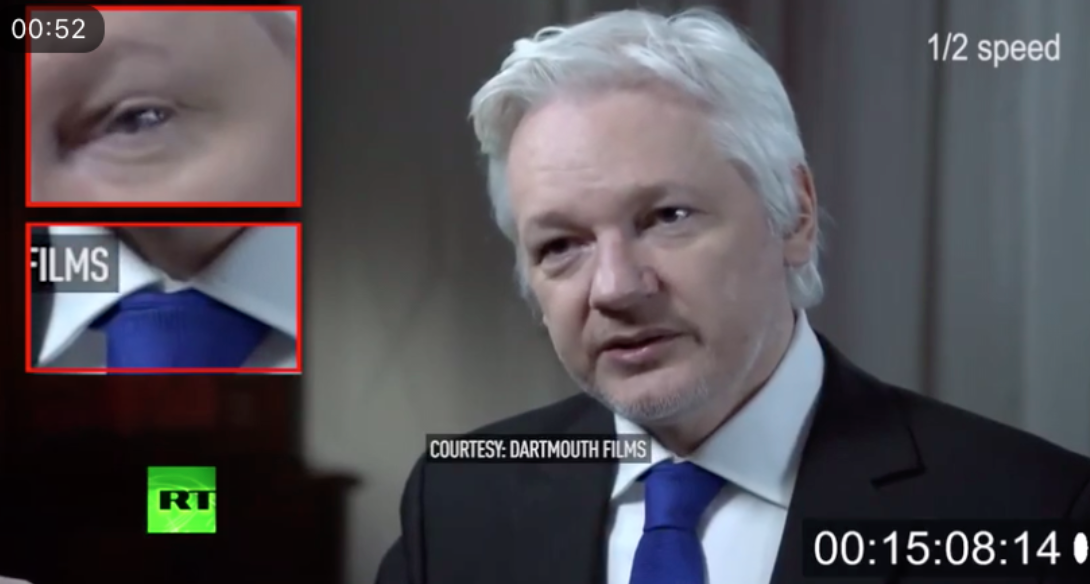Earlier this month, Mountain Dew released an advertisement featuring the dead celebrity painter Bob Ross shilling Mountain Dew.
Ross was a famous television personality who hosted a painting show. He died in 1995, but his show has played in syndication since his death and brought joy to millions.
The soda pop brand even went so far as to produce an entire 40-minute episode of “The Joy of Painting” featuring Bob Ross painting a plastic 330 ml bottle of Mountain Dew.
There are some pretty clear-cut ethical implications of this, which do not appear to have been considered at all. Mountain Dew (owned by Pepsi Co.) was issued licensing rights to use Ross’ likeness by the company that controls the Bob Ross estate, but creating a fake video of a man is much different than simply rerunning episodes of his show.
This technology did not exist when Bob Ross was alive, and he did not give anyone permission to create fake videos of him endorsing this poisonous beverage. There is no evidence that Bob Ross would have endorsed this beverage, given that he was something of a health nut.
This deep fake Mountain Dew ad is something akin to violating a corpse.
Bringing back the likeness of the dead is always going to be questionable morally, but maybe there are contexts where it would be appropriate. We don’t know, because there has never been any public discussion of the ethics of this technology. In fact, there has been very little discussion of the ethics of any of the emerging technologies that are going to radically change our lives.
Elon Musk is a complicated character. He does appear to hold many right-wing views, even as a leading technologist. Many believe that he’s been too quiet about these views, and should more often use his position as one of the top ten most famous people on earth to help the people of earth by speaking out. One thing he has spoke out against is some of the dangers of emerging technology, and called for governments and ethicists to convene and discuss the implications.
Musk has focused overly much on the threat of artificial intelligence, something which many people believe is impossible anyway. He has also spoken some about the dangers involved with using gene therapy to treat a virus which is identical to the common flu. Musk himself was last year featured in a Star Trek deep fake.
I have never seen Musk comment on this issue of deep fake ethics, though I’m sure he would have commentary on it, and would be willing to be involved in some kind of panel to investigate the issue. However, no other person with any power has demonstrated any desire to discuss ethics surrounding any advanced emerging technology.
All we have seen is people responding to the immediate effects of these technologies. People are now of course complaining about censorship, they are complaining about companies and the government spying on them. These are issues that should have been discussed before they emerged. There should have been panels convened at the dawn of the internet to discuss the ethics of censorship and spying, and laws should have been passed.
Some kind of deep fake crisis is coming. We may have already witnessed deep fakes that we don’t know were deep fakes. The issue is already here. A recent Tom Cruise deep fake went viral, and proved that this technology is now at the point where the human eye cannot distinguish the real from the faked.
Understand this: it is not only the human eye that cannot recognize the difference – no computer technology can be sufficient to detect fakes. Authorities have claimed they are working on this, and have given various examples of it supposedly working, but the technology is advancing quickly and any technology capable of detecting a fake is going to lag behind the cutting edge fakes.
The other thing is that the detection technology they claim to have has only ever worked on super-high-definition video – for obvious reasons.
Anyone who wanted to spread fake video could just tone down the resolution a little bit and make it totally impossible to identify a fake.
With the recent Tom Cruise videos that went viral, I’ve not seen anyone attempt to run computer analysis on them – presumably because it doesn’t work.
Those were not made by a government. They were made by some Dutch guy who said he was trying to spread awareness about the technology. Good on him.
Some people have suggested that videos shown on TV over the past few years could have been fake. It was suggested all the way back in 2016 that a video featuring Julian Assange was fake. More recently, people have speculated that videos of Joe Biden are fake. Given the shoddy state of Joe Biden’s health, it would be shock to find that the Administration did not have a program set up to produce deep fakes of the deeply fake president if such a thing were needed. Presidents have typically had body doubles for various security purposes, and it is a nigh certainty that deep fake technology has been integrated into White House security protocol. (This is to say, if Joe Biden needs to appear on TV, but is incapable of appearing on TV due to his mental condition, I am sure they are prepared to put out a fake version of him.)
There are self-explanatory inevitable legal issues involved here. On Monday, I posted a series of grainy Twitter videos featuring black men attacking Asians, as part of the ongoing white supremacist anti-Asian mania that the blacks are involved in. What is keeping any of these blacks, right now, from claiming in court that the video is faked? In those particular cases, I’m sure there are witnesses that can testify (not least the victims), but we can picture a scenario where there is no witness, and someone claims the video is fake. Furthermore, we can picture scenarios where the government or some other entity fakes a video in order to accuse someone of committing a fake crime.
In the 2013 Channel 4 drama series “Utopia,” which is about a government plot to fake a virus pandemic so they can inject people with a gene-altering vaccine that sterilizes them, a boy who finds out about the plot is victimized by a deep fake. A man from a secret government organization goes into a school and shoots everyone, and the news airs footage of the boy committing the shooting. This type of thing seems likely to occur, given the current state of our government.
Maybe in the case of a courtroom, where video evidence is already not definitive proof of a crime, they would be able to get around this. There are advancements in DNA and other forensic techniques that are coming along with the deep fake technology. However, outside of a courtroom, people could be crucified in the town square for fake videos. What if, for instance, video was posted on the internet anonymously of a politician receiving a bribe from the Chinese. You can picture a situation where a politician would be forced to resign – or at the very least, voted out of office – based on fake video.
Ultimately, we must recognize that there are two types of technologies emerging: ones that can be banned, and ones that cannot be banned. Deep fakes cannot be banned, because they are too easy for anyone to make. What banning them would do is make it so that only the government is capable of making them, which would allow the government to use them against people by saying the technology doesn’t exist. Right now, people know the technology does exist, so if for instance the public believes that Joe Biden is dead and the videos they are showing of him are deep fakes, the public can demand that Joe Biden prove he is alive.
The basic fact is that the core of deep fake ethics should be making it clear to the public that this technology exists, and that right now – March, 2021 – you do not have any proof that any video you see of anyone saying anything is actually real. The only things that you can know are real are things that you see with your own two eyes.
This has huge implications, given that we have become accustomed to believing that video is real. The US government could not only present you with fake interviews – they could also send in teams of special forces to overthrow governments, and produce fake footage claiming that it was a revolution by the country’s population. They could also spread fake video of foreign politicians, and incite those populations to do actual revolutions. We’ve seen indicators of the latter already – the CIA stooge Alexi Navalny falsely claimed that Russian President Vladimir Putin had a secret palace, and this false claim was used by the intelligence agencies on Twitter to help fuel an uprising in Russia.
The ongoing lack of awareness about this technology among Western people has to be purposeful. Governments should be running Public Service Announcements explaining that anything the public sees could potentially be faked using computer generated imagery. The fact that they’re not doing that indicates that the government is using this technology against the people already or is planning on doing that.
It is, right now, technically possible that Joe Biden has been dead for months. The last time a group of random people saw him was at the inauguration. For months, he refused to do any kind of press conference, and when he finally did agree to do a press conference earlier this month, entry was limited to a very small number of journalists, all of who are establishment hacks who would almost certainly agree to be in on the scheme.
I’m not saying that I believe Joe Biden is dead, or that any of the footage released of him has been fake. I’m simply saying that we do not have any proof that he is not dead, and it would be very easy for the government to fake it, using publicly available technology, if he was dead.
It’s not a “conspiracy theory” to say that this is indeed possible. It would probably be classified as a “conspiracy theory” to even talk about the fact that it is possible, but it is objectively possible. There is no denying that, and calling someone who says this a “conspiracy theorist” is simply name-calling.
The new reality of this technology is a major change in social dynamics, and yet, very few people are even bothering to discuss it.
The other looming issue is human genetic engineering and various cyborg technology. Those are a little bit further down the road, probably, but they are the kinds of issues we should be discussing now.
If someone starts breeding people with 350 IQs, what is that going to mean for society at large? We have no idea what a person with a 350 IQ would be thinking, or what he would be capable of doing. The cyborg brain implants that Elon Musk is making have similar implications – there could be a situation where all of a sudden, some group of people is unfathomably more intelligent than the rest of the population.
Intelligence is typically associated with morality, which is why our present evil government is facing such serious human resources problems: intelligent people don’t want to work for evil purposes. But what if they put a 350 IQ on a woman? Women have no morality, regardless of their intelligence.
Again: we should have talked about the internet before mass censorship and spying. We’ve now walked right into this deep fake thing without talking about it. Next comes much worse things.
 Daily Stormer The Most Censored Publication in History
Daily Stormer The Most Censored Publication in History











